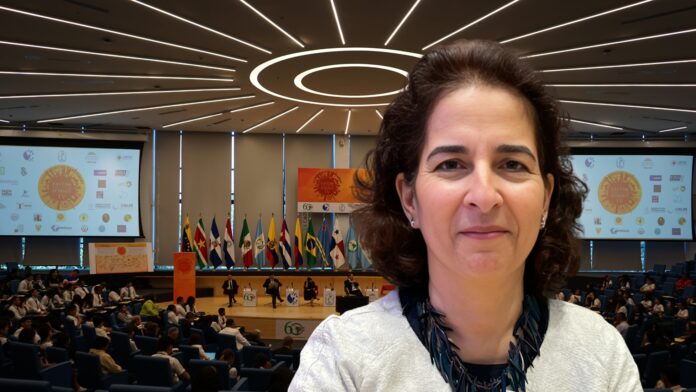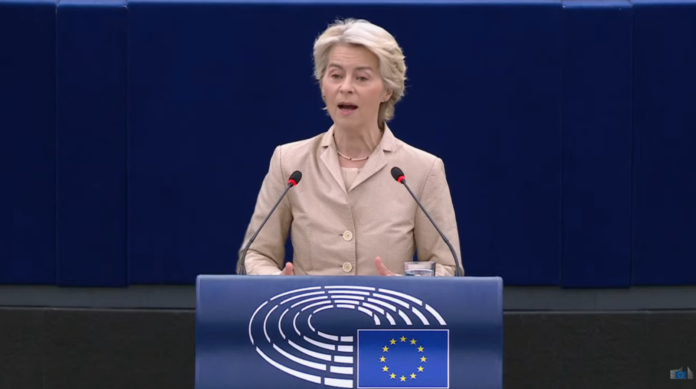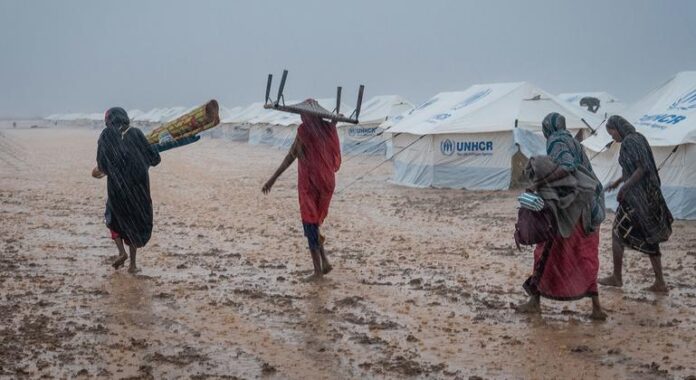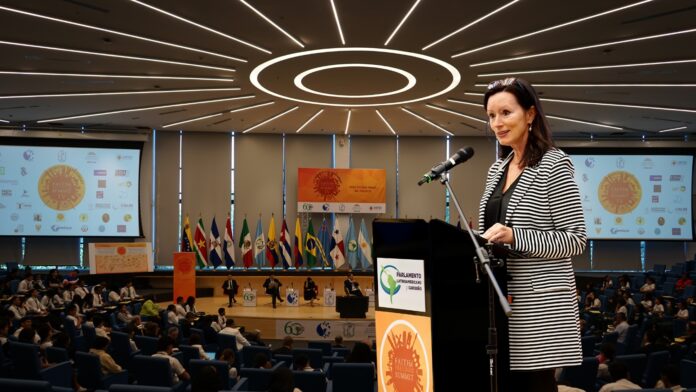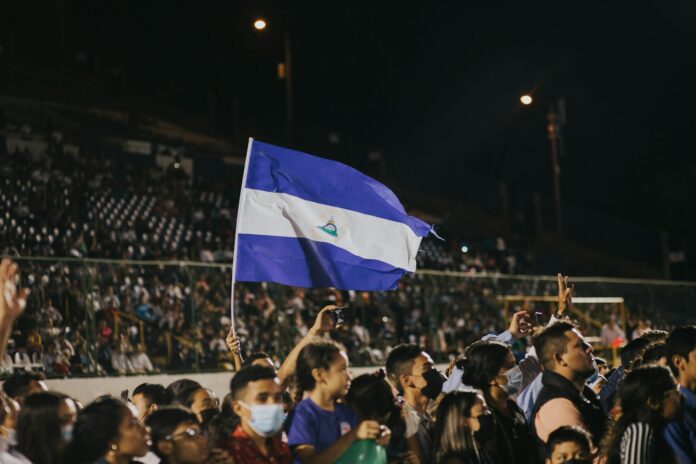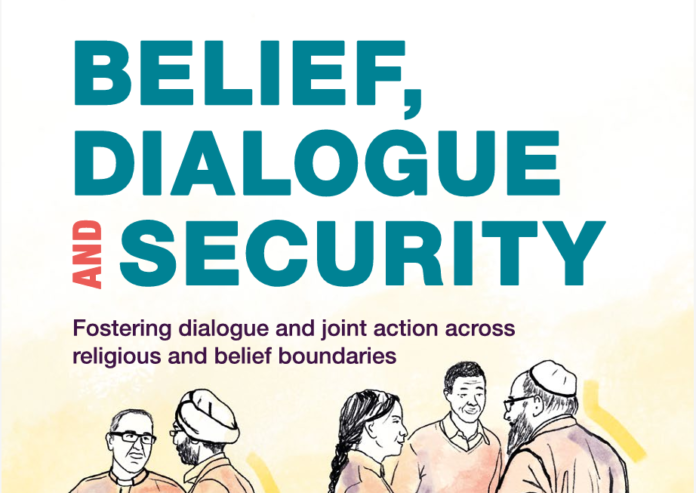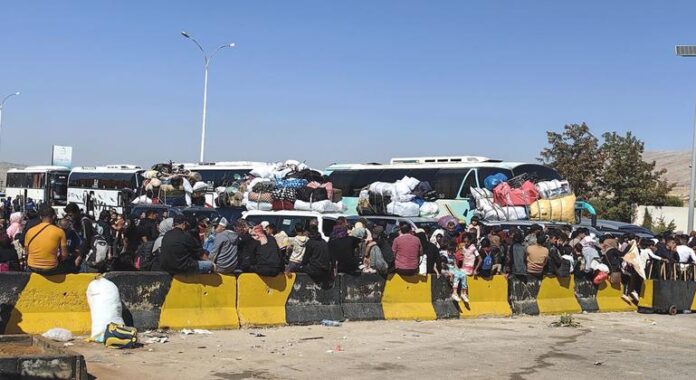The Faith and Freedom Summit IV, held on September 24-25 at the Latin American Parliament in Panama City, brought together a diverse coalition of voices advocating for religious freedom and peaceful coexistence. With more than 40 international speakers representing a wide array of beliefs—including Christians, Muslims, Buddhists, Scientologists, Indigenous Mayans, Sikhs, Hindus, and non-believers—the summit served as a vital platform for dialogue and collaboration. Among the keynote speakers was UN Special Rapporteur on Freedom of Religion or Belief, Dr. Nazila Ghanea.
In a significant address delivered digitally at the Faith and Freedom Summit held at the Latin American Parliament in Panama, Dr. Nazila Ghanea, highlighted the critical role of ensuring that no one suffers discrimination or violations of human rights due to their religion or belief. Despite her inability to attend in person, Dr. Ghanea’s speech touched on various pertinent themes that are central to the global efforts to safeguard this fundamental freedom.
Ensuring Freedom of Religion or Belief for All:
Dr. Ghanea began her remarks by emphasizing the collective responsibility that each one of us shares in upholding freedom of religion or belief. She stated, “We have gathered…in recognition of the responsibilities we shoulder in ensuring that nobody is discriminated [against] on grounds of their religion or belief, and that each and every one of us is able to enjoy freedom of religion or belief.” The summit brought together participants from across the globe, both in-person and digitally, to reaffirm the importance of advancing these rights for all.
Diplomacy and Freedom of Religion or Belief:
One of the key themes Dr. Ghanea highlighted was the intersection of diplomacy and the protection of religious freedoms. She referred to the report AHRC 5238, presented to the UN Human Rights Council in March 2023, which focused on the global landscape of freedom of religion or belief. The report draws attention to the increasing number of actors involved in this diplomacy and calls on them to uphold the universality and indivisibility of human rights. Despite the growing engagement, Dr. Ghanea warned that “the challenge before us remains great,” urging for sustained efforts in this area.
Regional and International Cooperation:
Dr. Ghanea underlined the significance of collaboration between regional and international systems for protecting religious freedoms. She noted the productive engagement between her mandate and regional bodies like the Inter-American Commission on Human Rights and the Inter-American Court. “It’s critical that we are informed, we are open, and we leave the option for collaboration,” she stressed. Such cooperation is essential to sharing best practices, lending support, and even taking joint actions where possible.
Grassroots and Civil Society Involvement:
Another crucial theme in Dr. Ghanea’s speech was the role of national systems, civil society, and grassroots movements in promoting freedom of religion or belief. She referenced her October 2023 report (A78207) to the UN General Assembly, which examined this right from a grassroots perspective. “If we don’t consider it from the viewpoint of the beneficiary, that is everyone, then what is the point of freedom of religion or belief?” she asked rhetorically. Dr. Ghanea emphasized that state actors have a legal obligation, while non-state actors carry the responsibility to ensure this right is fully realized.
At the national level, she stressed that the state’s obligation extends to various authorities, from federal to municipal levels, and that these actors must be aware, trained, and held accountable. Non-state actors, particularly civil society, play a vital role in strengthening national policies and holding governments accountable to their international human rights obligations.
Media’s Role in Promoting Religious Freedom:
Dr. Ghanea also touched upon the media’s impact on promoting or hindering freedom of religion or belief. She referred to the report AHRC 5547, presented in March 2024, which discussed the role of media and civil society in countering advocacy of hatred based on religion or belief. She emphasized that media responses, alongside state and civil society actions, can be transformative in promoting religious tolerance and understanding.
Religions and Beliefs as Instruments of Peace:
Towards the conclusion of her speech, Dr. Ghanea referred to her upcoming report (A79182) on peace and freedom of religion or belief, to be presented in October 2024. The report explores how religious freedom can foster peacebuilding and conflict prevention. “Freedom of religion or belief creates the conditions, motivations, rationales, and movements for peace to emerge,” she stated, highlighting the potential of this fundamental right to not only ensure personal freedoms but also to serve as a cornerstone for global peace and stability.
Conclusion: A Call for Continued Collaboration and Vigilance:
Dr. Ghanea’s speech ended on a note of optimism and a call for continued vigilance and collaboration in securing freedom of religion or belief. Congratulating the summit organizers for curating such a relevant and impactful program, she reaffirmed the critical importance of drawing attention to both state and non-state actors’ responsibilities in securing this right. She also expressed hope that the summit would sharpen collaboration between political leaders, religious figures, human rights advocates, academics, and others in achieving greater effectiveness in safeguarding freedom of religion or belief for all.
Dr. Ghanea extended her best wishes for the success of the summit and expressed her eagerness to hear about its findings. Her message underscored the shared commitment to upholding one of humanity’s most fundamental freedoms, ensuring that every person, regardless of their faith or belief, can live without fear of discrimination or oppression.
“So to sum up, I congratulate the organisers for sketching out such a pertinent programme of work for the summit and join all of you in prioritising and recognising the critical obligations of state authorities in securing this right for everyone and drawing attention to the significant responsibilities of the rest of us towards the same objective.” concluded Ghanea.
The Faith and Freedom Summit IV was organised by a coalition of NGOs dedicated to the promotion of religious freedom and peaceful coexistence, and was attended by numerous personalities such as the OAS Representative in Panama H.E. Mr Rubén Farje, Reverend Giselle Lima (Co-Coordinator of the Panama Roundtable on Religious Freedom in Panama, Mr. Iván Arjona-Pelado (recently appointed Chair of the NGO Committee on FoRB for the United Nations in Geneva and who presented the web www.whatisfreedomofreligion.org from the Church of Scientology), Ms. Maureen Ferguson who is one of the USCIRF Commissioners, Jan Figel (former EU Special Envoy on FoRB) and it was opened and closed by the Minister In Charge of Interior and Minister In Charge of Foreign Affairs of the Government of Panama, plus ambassadors from different countries.



